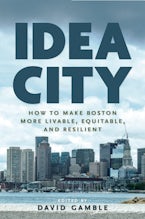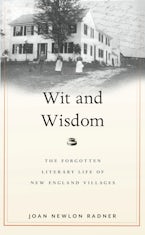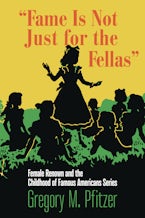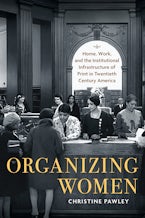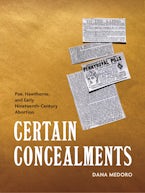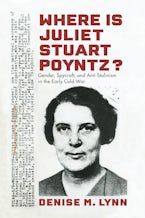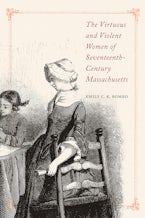- Home
- Culture and Politics in the Cold War and Beyond
- Betty Friedan and the Making of "The Feminine Mystique"
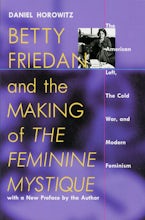
Betty Friedan and the Making of "The Feminine Mystique"
The American Left, the Cold War, and Modern Feminism
Published by: University of Massachusetts Press
Series: Culture and Politics in the Cold War and Beyond
388 Pages, 6.12 x 9.25 x 1.00 in
Other Retailers:
Ever since the 1963 publication of her landmark book, The Feminine Mystique, Betty Friedan has insisted that her commitment to women's rights grew out of her experiences as an alienated suburban housewife. Yet as Daniel Horowitz persuasively demonstrates in this illuminating and provocative biography, the roots of Friedan's feminism run much deeper than she has led us to believe. Drawing on an impressive body of new research—including Friedan's own papers—Horowitz traces the development of Friedan's feminist outlook from her childhood in Peoria, Illinois, through her wartime years at Smith College and Berkeley, to her decade-long career as a writer for two of the period's most radical labor journals, the Federated Press and the United Electrical Workers' UE News. He further shows that even after she married and began to raise a family, Friedan continued during the 1950s to write and work on behalf of a wide range of progressive social causes. By resituating Friedan within a broader cultural context, and by offering a fresh reading of The Feminine Mystique against that background, Horowitz not only overturns conventional ideas about "second wave" feminism but also reveals long submerged links to its past.
Daniel Horowitz is Mary Higgins Gamble Professor of American Studies and director of the American studies program at Smith College. He is author of Vance Packard and American Social Criticism.
"An engaging and often arresting narrative, highly effective in portraying the evolution of Friedan's thinking. This book will certainly change common assumptions about the origins of The Feminine Mystique."—Nancy F. Cott, Yale University
"A book that will be read, enjoyed, pondered, and debated. It is literate, broadly grounded in the intellectual and political currents of the era, reflects meticulous and imaginative sleuthing in archival sources, and is written in graceful and accessible prose."—Dorothy Sue Cobble, Rutgers University, New Brunswick
"A compelling story. The melding of genres—biography, exposé, historical monograph—should make the book useful in classrooms and also enhance its readership outside the university. . . . The book will make a big splash in and out of the historical profession."—Joanne Meyerowitz, editor of Not June Cleaver: Women and Gender in Postwar America, 1945-1960
"Horowitz's careful reconstruction of Friedan's radical past exposes unexpected continuities between generations of radical thinkers and activists, and forces a reconsideration of the oft-noted class and racial limitations of Friedan's book. His argument—judiciously framed yet bold in its implications—is built upon a meticulous piecing together of sometimes fragmentary evidence, and insures that we will never again see Friedan and the movement she came to stand for in quite the same ways."—Lois Palken Rudnick, author of Utopian Vistas: The Mabel Dodge Luhan House and the American Counterculture
"Betty Friedan and the Making of "The Feminine Mystique" is ... intelligently ambitious but so tendentious you want to throw it across the room."—Judith Shulevitz, The New York Times Book Review
"[The Feminine Mystique] now feels both revolutionary and utterly contemporary. . . . Four decades later, millions of individual transformations later, there is still so much to learn from this book. . . . Those who think of it as solely a feminist manifesto ought to revisit its pages to get a sense of the magnitude of the research and reporting Friedan undertook."—Anna Quindlen
"The book that pulled the trigger on history."—Alvin Toffler, author of Future Shock
"One of those rare books we are endowed with only once in several decades."—Amitai Etzioni, author of The Spirit of Community: The Reinvention of American Society
"[A] bridge between conservative and radical elements in feminism, an ardent advocate of harmony and human values."—Esquire

